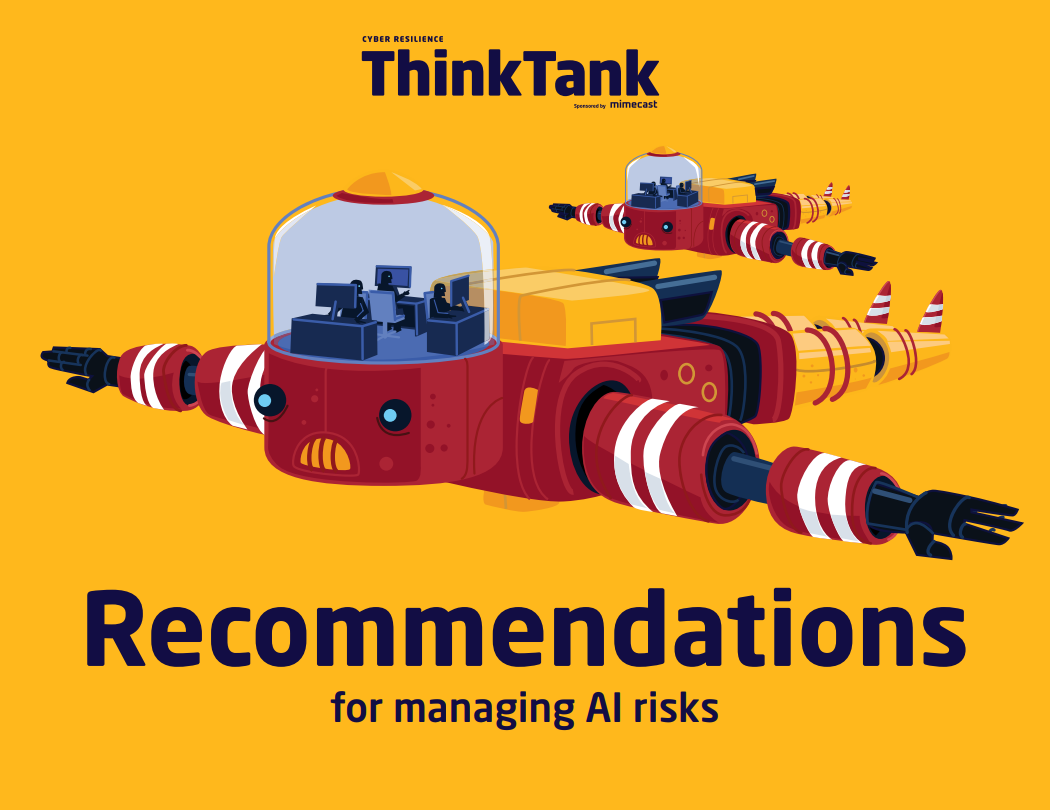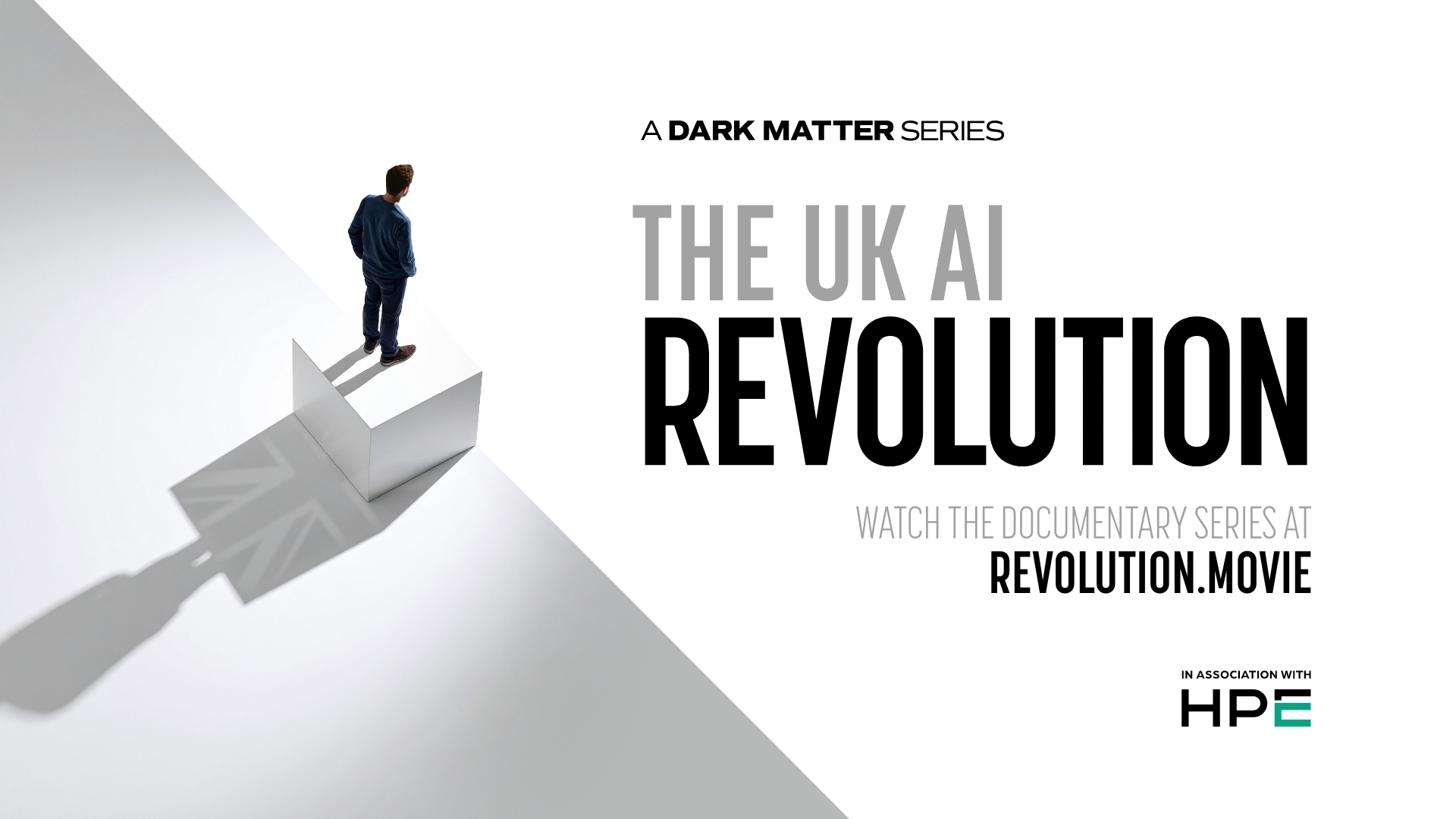Deepfake attacks expected to be next major threat to businesses
Cisco’s cyber security experts agreed that social norms may also become “super weird” as a result


Deepfake-driven cyber attacks are set to become more popular in the near future as the artificial intelligence technology (AI) becomes more widely used, security experts at Cisco warned this week.
Such attacks could involve fake videos of companies’ CEOs being sent to employees, telling them to conduct wire transfers, for example.
RELATED RESOURCE

Recommendations for managing AI risks
Integrate your external AI tool findings into your broader security programs
Deepfake technology involves training an AI program with large amounts of data in order for it to learn how any given individual would look when saying certain words, and how they sound, including accurate intonation and speech pauses.
“Well, your targets are those that have public personas, because you need lots of training footage to do this,” said Nick Biasini, head of outreach at Cisco Talos. “So it'd be much easier to pick your CEO, go after the CEO, because they're on video constantly, and they're talking constantly. You could use that to easily make a video of them that all of a sudden your CEO is calling you, it looks like your CEO sounds like your CEO, and they're telling you to do a wire transfer.”
“There literally is a threshold of how much data you need to establish a ground truth to model the voiceprint and once that model is sufficient, shove whatever you want through it,” said TK Keanini, VP of security architecture and CTO at Cisco Secure.
Keanini also said that social norms could become “super weird” if such attacks became more popular. Giving the example of a family member calling a loved one, knowledge of this kind of attack may result in scenarios where additional questions will need to be asked just to check that the person they are dealing with is real. In this sense, it's seen as an evolution of the type of phishing attacks we know today, with a layer of suspicion attached to communication from specific people.
Fears around the use of deepfake technology in the cyber security landscape have been present for a number of years. Trend Micro revealed that such attacks were on its list of top cyber threats for the future as far back as 2019, when it presented to delegates of CloudSec.
Sign up today and you will receive a free copy of our Future Focus 2025 report - the leading guidance on AI, cybersecurity and other IT challenges as per 700+ senior executives
When asked if deepfake use in cyber security was simply a gimmick that would never materialise, Keanini said: “It's definitely real. It doesn't take much to fake the backgrounds, it's not that much further to fake the foreground”.
“And as we move more and more to [hybrid working] collaboration, everybody's on video conferencing now, so it makes it even easier to launch those types of attacks than it would have been before,” said Biasini.
The pair revealed their expectations during a discussion about emerging cyber threats, chief among which was the idea that social engineering tactics would become more sophisticated and more pervasive.
Speaking at Cisco Live, JJ Cummings, managing principal of threat intelligence and interdiction at Cisco, said that foreign adversaries, specifically, were using increasingly sophisticated social engineering tactics on victims, based on the cases Cisco Talos has seen.
“One of the things that we started to see and one of the groups that we're tracking, since at least September of 2021, is very directed, very effective social engineering,” said Cummings.
“[It involves] making phone calls to specific strategically targeted individuals within an organisation, convincing those individuals that they're members of IT, or some support staff, and those individuals are doing one of two things: possibly giving up a password, certainly accepting a multifactor authentication push to their device, letting the bad guy in because the bad guy’s stolen the password.”
Biasini said that social engineering should be one of the biggest concerns for businesses over the coming years, adding that because the security industry is getting better at stopping systems from being exploited, attackers will turn to people instead.
Deepfake technology is what’s going to make the threat “exponentially worse” and that “people have a hard enough time not trusting stuff that they read online; just wait until they're having to not trust their eyes and their ears when they're watching people say the things that they're saying,” he said.

Connor Jones has been at the forefront of global cyber security news coverage for the past few years, breaking developments on major stories such as LockBit’s ransomware attack on Royal Mail International, and many others. He has also made sporadic appearances on the ITPro Podcast discussing topics from home desk setups all the way to hacking systems using prosthetic limbs. He has a master’s degree in Magazine Journalism from the University of Sheffield, and has previously written for the likes of Red Bull Esports and UNILAD tech during his career that started in 2015.
-
 The UK AI revolution: navigating the future of the intelligent enterprise
The UK AI revolution: navigating the future of the intelligent enterpriseAs AI reshapes industries and societies, decision-makers in the UK face a critical choice: build a sovereign future or merely import it.
-
 Turning the UK AI revolution into a sovereign reality
Turning the UK AI revolution into a sovereign realityThe UK AI Revolution documentary series posed difficult questions about AI’s hype, control, and future. Now, IT leaders must find the architectural answers
-
 Warning issued as surge in OAuth device code phishing leads to M365 account takeovers
Warning issued as surge in OAuth device code phishing leads to M365 account takeoversNews Successful attacks enable full M365 account access, opening the door to data theft, lateral movement, and persistent compromise
-
 Amazon CSO Stephen Schmidt says the company has rejected more than 1,800 fake North Korean job applicants in 18 months – but one managed to slip through the net
Amazon CSO Stephen Schmidt says the company has rejected more than 1,800 fake North Korean job applicants in 18 months – but one managed to slip through the netNews Analysis from Amazon highlights the growing scale of North Korean-backed "fake IT worker" campaigns
-
 Cisco says Chinese hackers are exploiting an unpatched AsyncOS zero-day flaw – here's what we know so far
Cisco says Chinese hackers are exploiting an unpatched AsyncOS zero-day flaw – here's what we know so farNews The zero-day vulnerability affects Cisco's Secure Email Gateway and Secure Email and Web Manager appliances – here's what we know so far.
-
 Complacent Gen Z and Millennial workers are more likely to be duped by social engineering attacks
Complacent Gen Z and Millennial workers are more likely to be duped by social engineering attacksNews Overconfidence and a lack of security training are putting organizations at risk
-
 Researchers claim Salt Typhoon masterminds learned their trade at Cisco Network Academy
Researchers claim Salt Typhoon masterminds learned their trade at Cisco Network AcademyNews The Salt Typhoon hacker group has targeted telecoms operators and US National Guard networks in recent years
-
 Cisco ASA customers urged to take immediate action as NCSC, CISA issue critical vulnerability warnings
Cisco ASA customers urged to take immediate action as NCSC, CISA issue critical vulnerability warningsNews Cisco customers are urged to upgrade and secure systems immediately
-
 Hackers are abusing ConnectWise ScreenConnect, again
Hackers are abusing ConnectWise ScreenConnect, againNews A new spear phishing campaign has targeted more than 900 organizations with fake invitations from platforms like Zoom and Microsoft Teams.
-
 The Allianz Life data breach just took a huge turn for the worse
The Allianz Life data breach just took a huge turn for the worseNews Around 1.1 million Allianz Life customers are believed to have been impacted in a recent data breach, making up the vast majority of the insurer's North American customers.